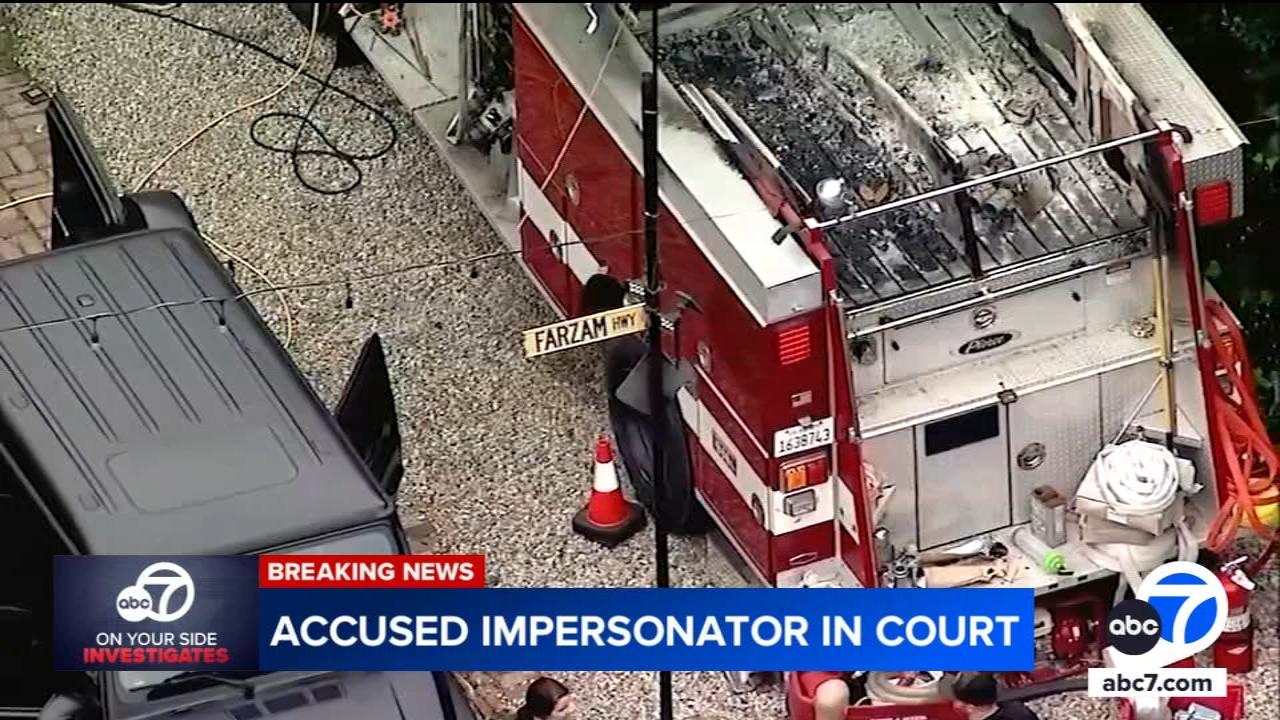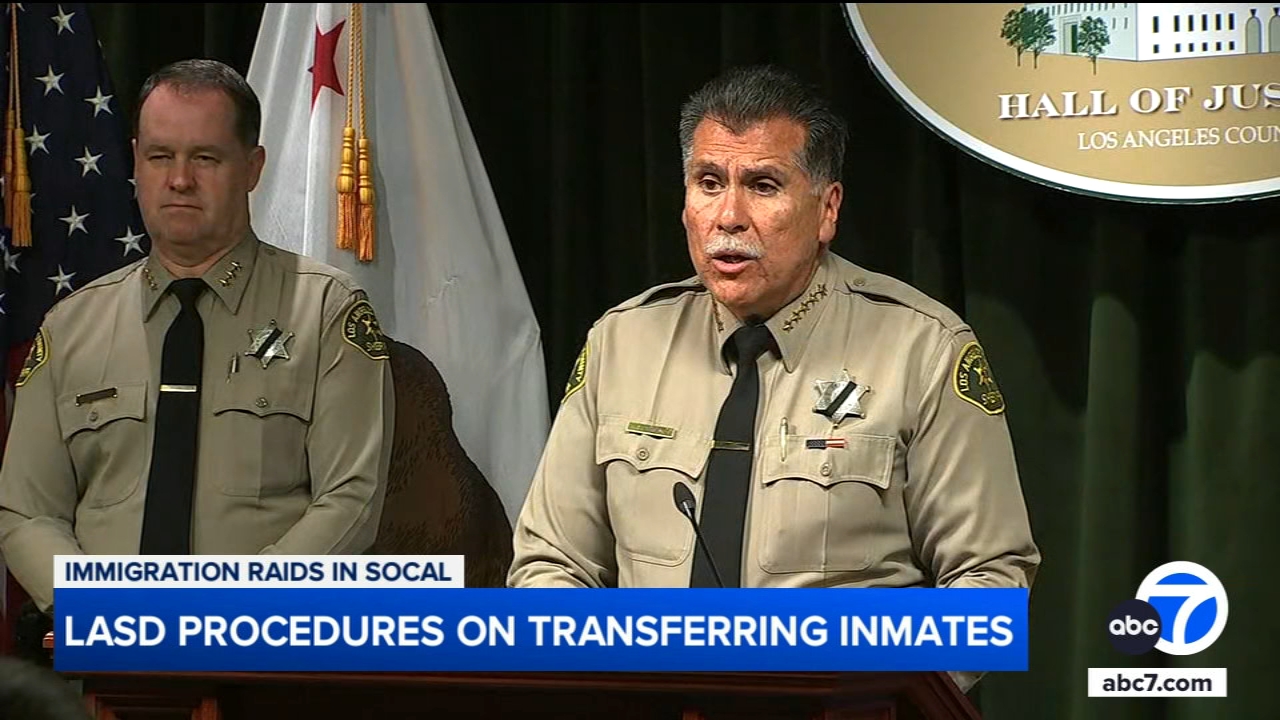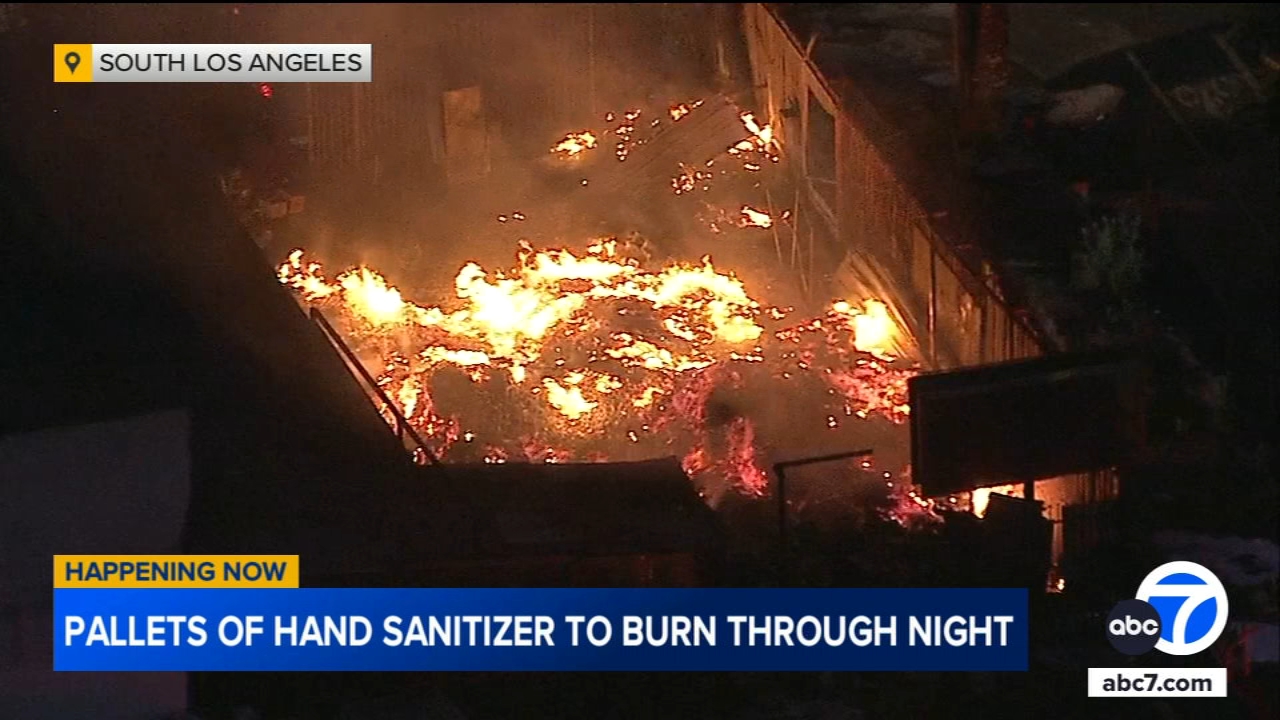Awakened by a boom in the night? It may have been an ice quake

As temperatures across the Midwest tumbled below zero overnight Tuesday into Wednesday, many reported being awakened by the sound of loud booms, cracks and pops. Some even reported feeling tremors.
The loud sounds were actually caused by a natural phenomenon known as "cryoseism," also known as an "ice quake" or "frost quake."
Steam rises off Lake Michigan in Chicago as temps plunge to -23 degrees
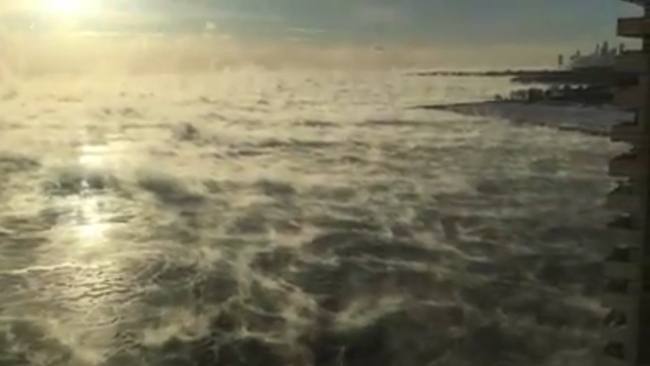
This seismic event occurs when water seeps into the ground and freezes, causing it to expand and put stress on surrounding rock and soil. Sometimes groundwater expands to the point of causing the soil or rock to crack, causing the "quake" and resulting sound effect.
Too cold for mail: Polar vortex brings subzero temps to Midwest, prompts USPS to suspend service
Some of the sounds may have come from the house itself: The extreme temperatures also cause water within pipes and on the roof to expand, which can cause the walls and roof to pop or creak. Other home-building materials like wood and plastic will contract in the cold weather, rubbing against each other and making a loud noise.
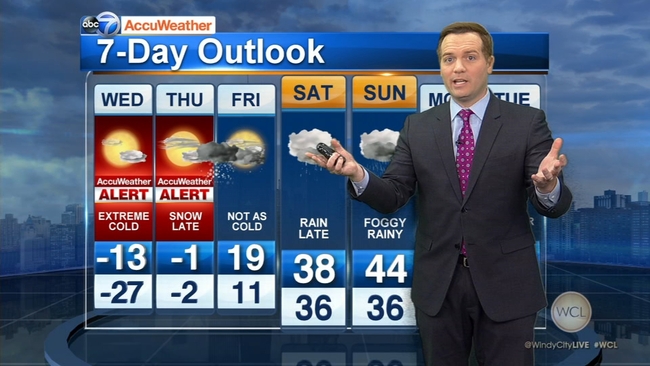
MORE COLD WEATHER TERMS:



